|
During the training week held in Bologna from the 10th October to the 16th October, teachers from different parts of Europe had the occasion to reflect and discuss on different strategies, methods and best practices to promote inclusion in classroom. The key words of this training were empathy, cooperation, and membership, as characterizing elements of inclusive education. 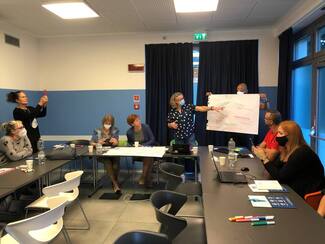 The first key word, “Empathy”, is the basis to build “relationship” between the teacher, the pupils, and the family: taking the perspective of the others, being able to be not judgmental, learning to understand another person’s feelings and communicate that the emotion has been understood, are some of the behaviors that promoteconnections with people. “To connect” is crucial inside an educational context, especially taking care of special needs. On the other side, “Membership”is the sense of “feeling to belong to a group” and to perceive your contribute how meaningful for the others. This sense of belongness, created by removing physical barriers that prevent dialogue and by promoting mutual understanding, tolerance, and respect,isvery important to promote a welcoming environment that stimulates and supports the learning process. The third key word we explored during the training is“Cooperation”, which refers to the relation with families, one of the elements that are part of the system in which the pupils with special needs or disabilities are in. To cooperate with families is crucial to build a supportive systemfor pupils. In other words, teachers need to be the guiding lights for both students and parents, providing information and ideas on how parents can best assist their child’s learning process. The contribution of two figures working in two Italian school, Alessandro Piacentini and Monica Bracci, enriched our experience with an interesting presentation full of ideas and best practice to apply in different educational contexts. In particular, weexplored the peculiarities of the“Italian Model”, one of the few examples of inclusive education, that is basedon the principle of not havingspecial schools, and that embrace the idea to “include” everyone in the same system, counting on the support of special figures like Support Teachers and Educators. The networking activities among the teachers who participated in the course were, perhaps, the most formative moments of the week: they were an occasionto exchange points of view, models and methods, creating a mutual enrichment. “What does inclusion mean in your schools?” “Which tools do you use?” “How do you collaborate with external institutions?” These, and many others, were the questions that guided our training days, on the one hand giving everyone the opportunity to learn new tools and get to know new models, on the other hand creating the chance to question some strategies and practices,with the aim of promoting continuous improvement. What better conclusion than thanking all the participants, who made this course unique with their great dedication. We hope to see you soon! More info on this course on the course special needs and inclusive education at https://www.erasmustrainingcourses.com/special-needs-inclusive-education.html
|
Welcome to the ELA Blog. Here you will find articles and photos of our courses and have a look at the topics addressed during the week in Bologna, Palermo and Tenerife. You will also have the chance to take a peek at our projects and check out what we have been up to.
Archives
July 2024
Categories |
-
Course catalogue
- 2023-2024 course catalogue
- Soft Skills >
- ICT and New Technologies >
- Inclusion and Diversity >
-
Innovative Teaching Methods
>
- Innovative teaching methods discovery
- Non-formal education teaching methods
- Dual education and work-based learning
- Teaching leadership and entrepreneurship
- Project based learning
- Game based learning and gamification
- Green skills
- Outdoor education
- Outdoor education trekking edition
- Promoting creativity and critical thinking
- Languages and EU projects >
- Preschool >
- Erasmus Plus KA1
- What we do
- About us
- Locations
- Blog
- Contact us
 English
English български
български Čeština
Čeština Español
Español Français
Français ελληνικά
ελληνικά Italiano
Italiano Polski
Polski Português
Português Română
Română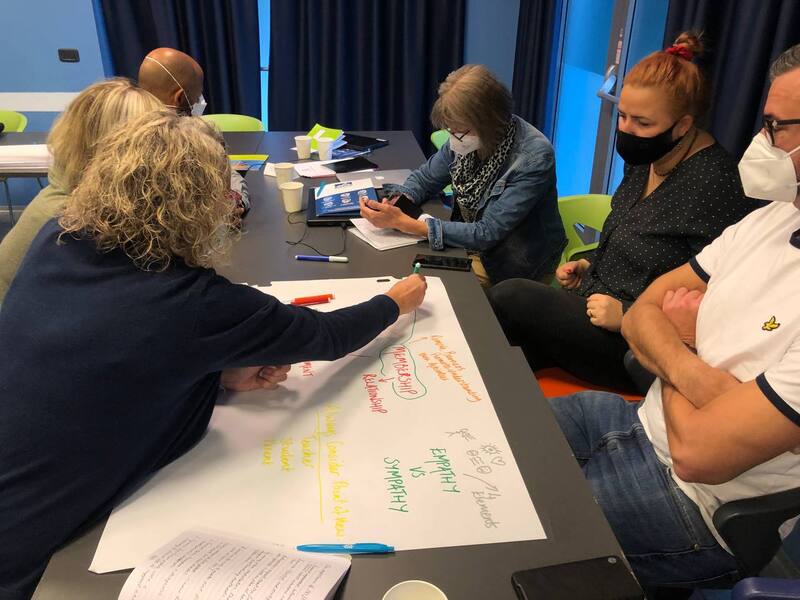
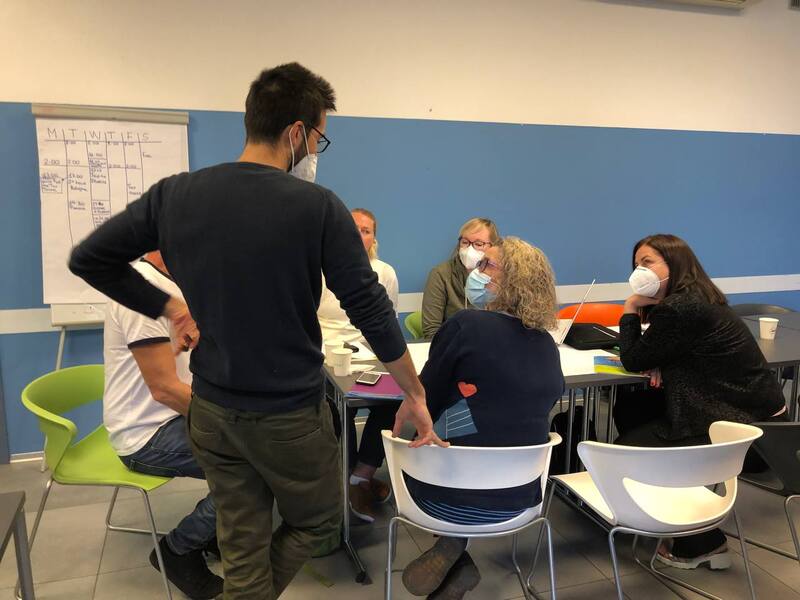
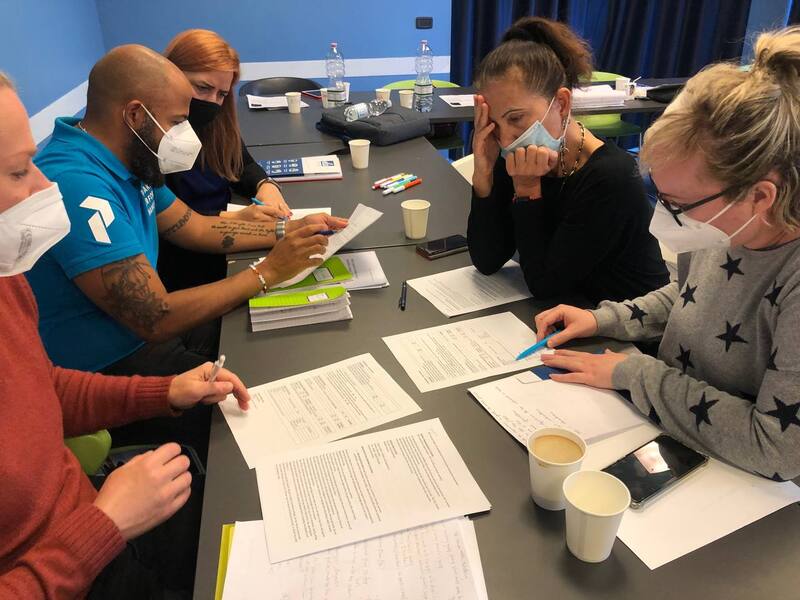
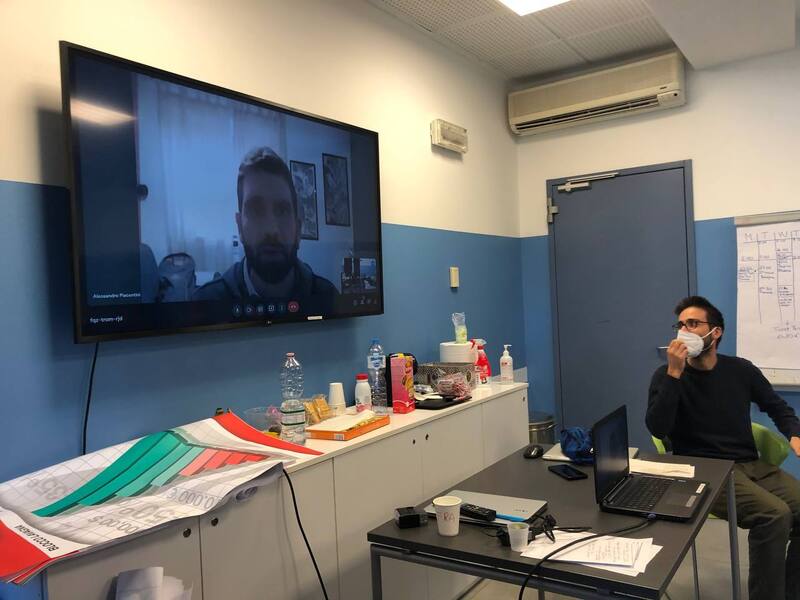
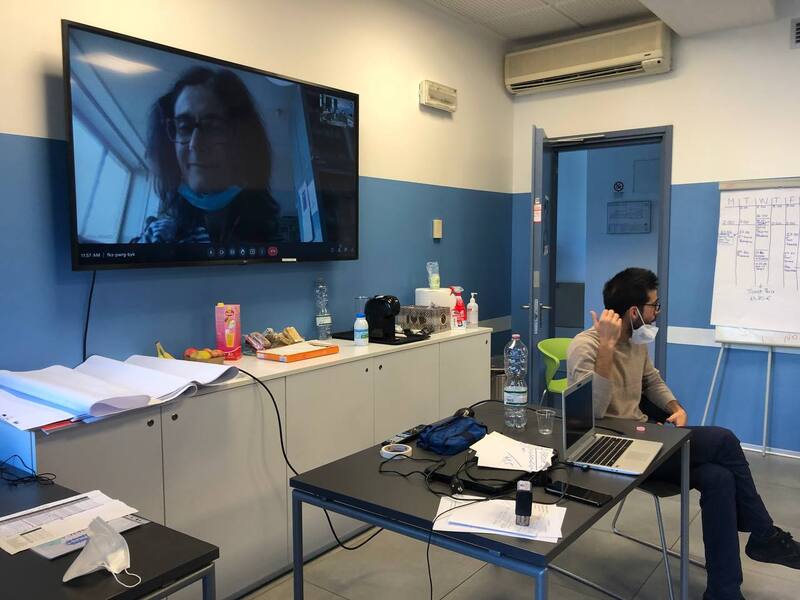
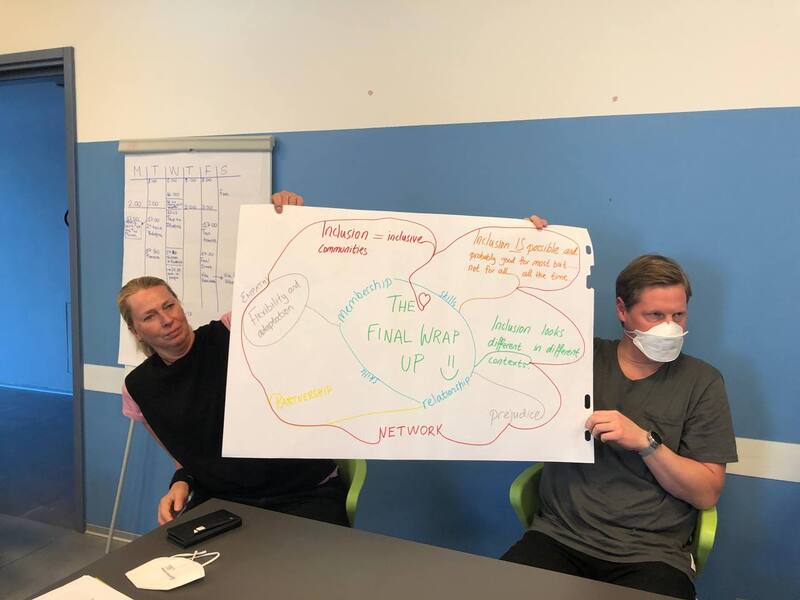
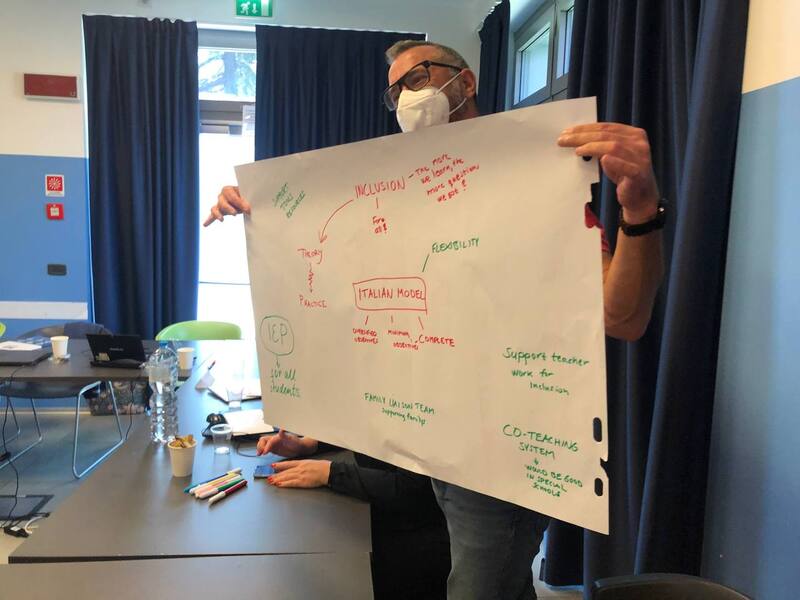
 RSS Feed
RSS Feed









